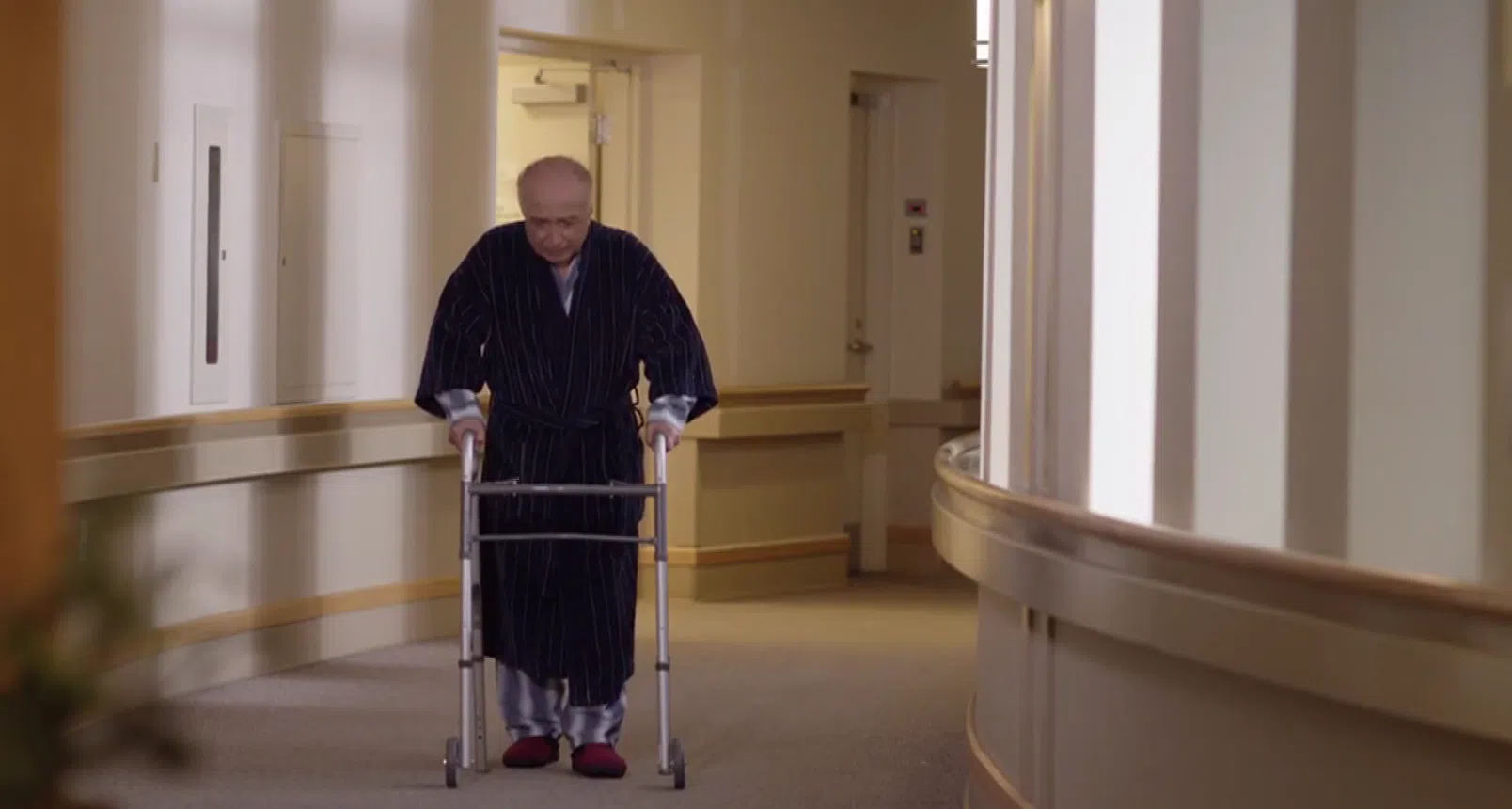
Hospital Employees’ Union relaunches campaign to address understaffed care homes
KAMLOOPS — When the needs of an elderly family member become too complex to care for at home many families turn to care homes, trusting in the promise of around-the-clock care and safety.
However, understaffing has thrown B.C. care homes into a state of crisis, and that 24/7 care is no longer a guarantee.
“Due to chronic underfunding we know that nine out of 10 senior care homes do not meet the government’s own minimum staffing levels,” said Hospital Employees Union Vice-President Barb Nederpel. “But here in Kamloops, out of the seven facilities, none of them meet those levels.”


